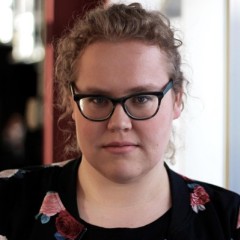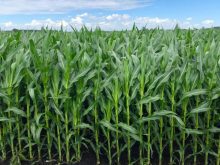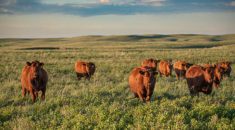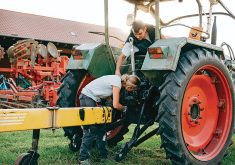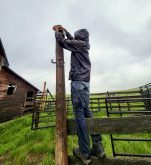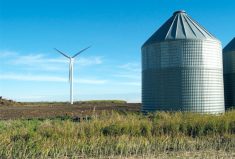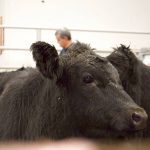Glacier FarmMedia – A national framework is needed if carbon markets are to be profitable for farmers and companies, a new report says.
RBC’s Climate Action 2024 report suggests that Canada lags the U.S., Brazil and China in its issuance of forestry and land use carbon credits, a category that would include agriculture, despite Canada’s early adoption of sustainable farming practices like zero-till.
In 2022, RBC reported, 54 per cent of “new voluntary carbon markets projects globally that created credits were focused on agricultural and forestry,” but only a few of those were Canadian.
Read Also
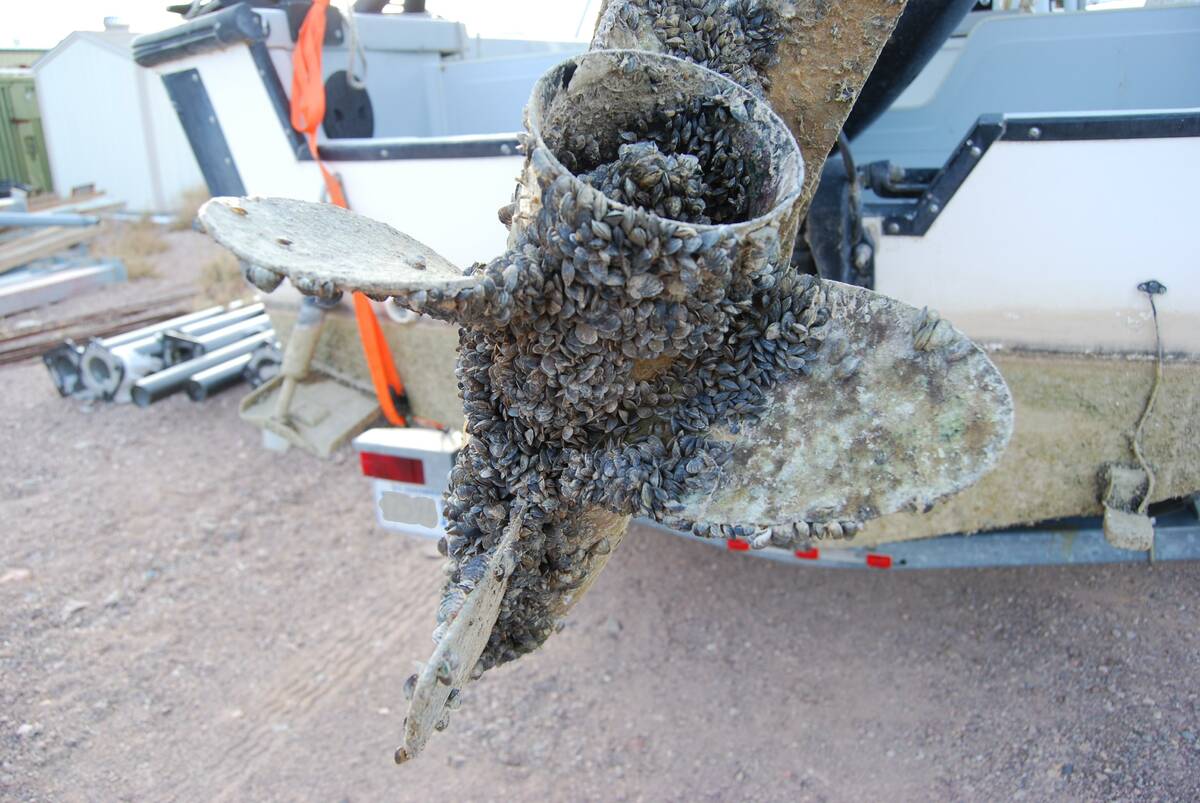
Invasive species council lending a helping hand to Alberta agricultural producers
Alberta Invasive Species Council unveils the huge economic effect of keeping invasive species unchecked to agricultural production in the province.
The market for agriculture-based carbon offsets is still in early development as firms struggle to attract capital and farmers, RBC noted. Measuring agriculture carbon is complex and methods can be flawed. Participation can be expensive for farmers, and credits may not have much value.
In Canada, credits are less valuable on average than they are in the U.S., the bank said. John Deere and Cargill pay American producers US$35 per tonne of carbon sequestered. Canadian credits pay out C$25 per acre on average.
Report writers suggest that Canada needs a monitoring, reporting and verification framework similar to those being developed in the U.S. and EU. This could involve government rules for certification, said Kate Ervine, a carbon market researcher from Saint Mary’s University in Halifax.
“They’re going to define high-level quality criteria within that proposed regulation … ‘this’ is what a removal has to do, and ‘these’ are the things it has to meet,” she said.
Then, a company that wants to aggregate and sell carbon offsets can apply for certification and receive the government’s stamp of approval. It moves the market away from an ad hoc approach and builds in a level of trust, Ervine said.
It also sends policy and market signals to would-be investors that say, “we will get a return on our investment because the government is behind it,” Ervine said.
The nature-based carbon market has suffered due to lack of regulation. In 2022 and 2023, several reports revealed that certain carbon credit standards bodies were approving projects that didn’t provide the promised benefits. Prices for nature-based offsets plummeted due to trust concerns.
RBC noted the federal government has introduced projects like the Reducing Enteric Methane Emissions from Cattle draft carbon protocol, which could generate credits for producers. Alberta has also developed protocols for agricultural carbon offsets.
The federal government has designated funds for agronomic practices that reduce emissions or increase carbon sequestration through its On-Farm Climate Action Fund. RBC said this would apply to 2.6 per cent of Canadian farms.
RBC’s research showed that 90 per cent of farmers believe environmental practices increase soil productivity and production, but see lack of return on investment as a barrier to adoption.

